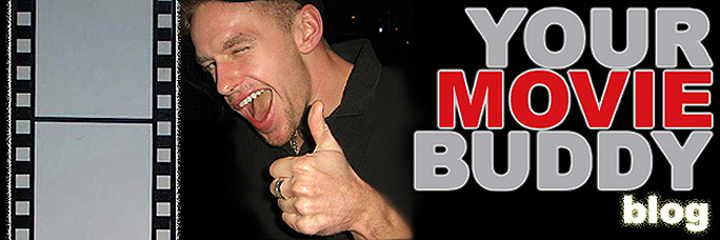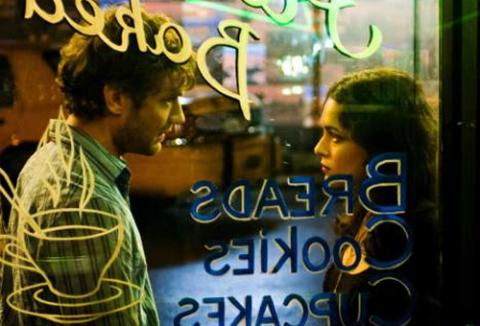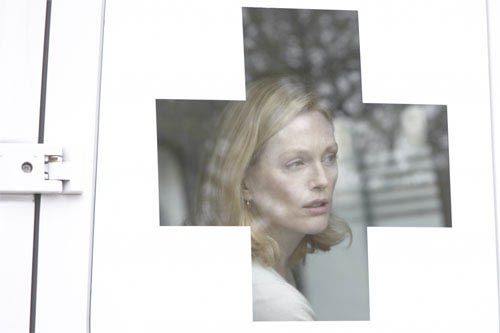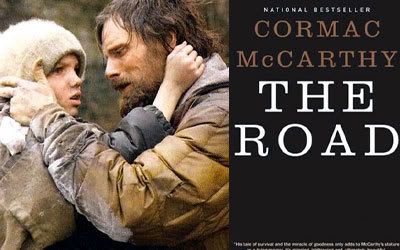"I took a souvenir -- her pretty head."- eerily ardent, biblically inspired serial killer, John Doe (Kevin Spacey), during the mildly surprising, twist ending of "Se7en" (1995).
I went ahead and took the liberty of delivering a spoiler here, since, before last week, I was sure that everyone had seen David Fincher's iconic thriller in which Mr. Doe offs (or provokes the death/punishment of), you got it -- seven people, with each murder themed after which of the seven deadly sins (greed, lust, sloth, wrath, pride, gluttony, envy) the victim had committed in life.

I recently (I told you, last week) rewatched the film with someone who (I told you) had never seen it. He was underwhelmed with the ending, claiming that it was not the least bit shocking, too easy, and that there wasn't enough of a an emotional connection between Det. David Mills (Brad Pitt), who takes the sin of wrath by exacting revenge on Mr. Doe, and his wife, Tracy (Gwyneth Paltrow), whose aforementioned head ends up in a cardboard box. I agreed and I didn't.
I can remember my first film class in high school, when my teacher told me his favorite movie endings of all time: "Se7en" and "The Usual Suspects." (Kinda' like when I interviewed Calkins Media film critic Lou Gaul and he told me his favorite films were "Citizen Kane" and "Casablanca." ...Wow. Really?) I don't know why that stands out, but I've never forgotten it. I think my teacher's words (and painfully obvious preferences) were in my head during my recent "Se7en" screening. I tried to explain to Brandon (I told you, the "Se7en" newbie) that Fincher's film ushered in a host of followers and copycats and shocked audiences at the time of its release, all of which is true. But I started to feel like I was trying to convince myself.

While I do think its script is highly inventive in ways that the makers of the "Saw" films will forever try to top, Brandon's opinions of "Se7en" are just. Given its small cast, if you know anything about movies, furthermore, thrillers, there are only a few people to tap when the emotional climax rears its head. As Brandon pointed out, there is a sinking feeling that the box that Det. William Somerset (Morgan Freeman, delivering the film's sole deeply felt performance) opens could contain the developing fetus of the Mills' unborn child. But that's super gross, even for a movie featuring serrated strap-ons. Besides, Tracy is never showing, even the slightest bit. (What, you think Gwyneth would have put on weight for this role? They have fat suits for that. Just ask "Shallow Hal".) The only other primary characters are a police captain, played by R. Lee Ermey, and an overzealous SWAT guy, played by John C. McGinley, both of whom no one cares about. Nope, Gwyneth's dome is about the only logical thing that could have been fatally Fed-Ex'ed, unless Mr. Doe was capable of boxing up the foul smell emitting from the decaying body of Mr. "Sloth."
To its credit, "Se7en" is another example of Mr. Fincher's superb visual craftsmanship. As he showed again, later, with better films like "Fight Club," "Panic Room," and last year's obsessively, ingeniously detailed "Zodiac," the man is a master of style and atmosphere, an artful director steadily gaining Ridley Scott-sized venerability. And it's never boring, paced to be enjoyed by focused eggheads and idiots with, um, ants, um, in their pants. For me, the most irritating element in the film is Brad Pitt. On my wall, I have a video store-bought poster of 2006's "Babel." On it, Claudia Puig of USA Today proclaims, "Brad Pitt's best film performance." I don't know about that but I'm fairly certain that his turn in "Se7en" is his worst. Playing a hot-headed, other-side-of-the-tracks man's man, Pitt's overcompensation for Mills' unabashed ignorance is infuriating. There are moments in a scene in the car toward the end when you want to hug Spacey's psycho and kick Pitt's cop in the jaw. (I'm sure Spacey's character was written to be viewed with some sympathy, but this goes beyond the usual, "he's got a point" thoughts.)
 How about these vintage-looking stills? The movie's only 13 years old!
How about these vintage-looking stills? The movie's only 13 years old!
Brandon's other criticism, about how the relationship between Pitt's character and Paltrow's character isn't drawn strongly enough to elicit a proper emotional response, I completely agree with. "Se7en" places too much hope in the idea that since these two are lovers, they are inevitably very close. Watching the film, that feeling doesn't register. We hear a brief description about how they were high school sweethearts, how she thought he was funny (really?!? must've missed that), and maybe one "I love you." The pregnancy heightens the ultimate impact, but it's easy to feel more pity for Freeman's character, having to witness the simultaneous downfall of two men, than for Pitt's, having to make a decision that's already been made for him. We just don't feel the love.
Pitt doesn't help matters but I blame much of that on Paltrow, an excellent actress suffering from a serious substance abuse problem: she's addicted to characters who are dead on arrival. Paltrow has struck gold with her more lively roles in films like "Shakespeare in Love" (Oscar!), "The Talented Mr. Ripley," "Iron Man," hell, even "Shallow Hal," but too often, she chooses scripts with females that are, in some way, dark, drab, sad-sacks (see: "A Perfect Murder," "Hush," "Sylvia," "Proof" and this). Whether she's crying about an unborn child, stressing over her vengeful husband, or stressing over math problems, this chick is way too prone to playing dead inside. Having her decapitated head show up in a box is like having Freeman give poetic voiceover narration: it's a forgone conclusion. And that, I suppose, proves all of Brandon's points.
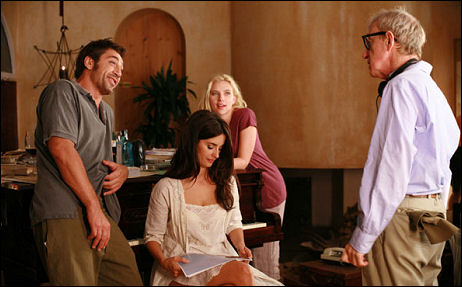
 How beautiful is this?!?
How beautiful is this?!?